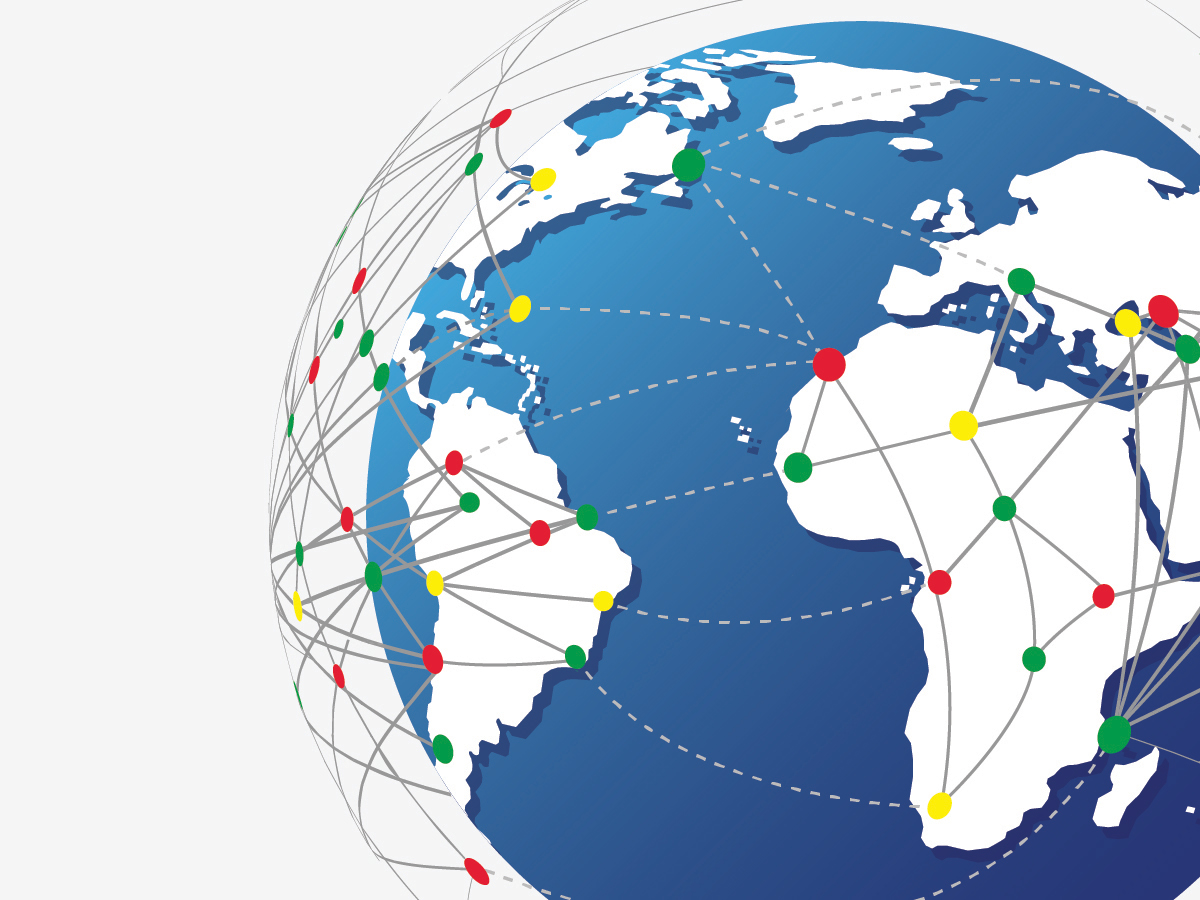Healthier communities: Nurturing physical and mental wellness
Innovation Issue 39: Spring 2024
Regional health governance for agile pandemic response
Policy & Perspectives
Regional health governance for future agile pandemic response
Pandemics such as COVID-19 do not confine themselves to national borders, and in COVID-19’s aftermath, government responses are under scrutiny. A research team is considering how already existing regional governance frameworks could be leveraged to deliver coordinated and agile responses to future health crises, initially focusing on the Americas.
“National health systems are not adequately situated to deal with transnational health crises,” said Toronto Metropolitan University’s (TMU) Lincoln Alexander School of Law professor Uchechukwu Ngwaba, who led the pilot project. He and a team of international experts considered how, from a legal perspective, a regional framework could fill the gap between state-led responses and worldwide health governance. They used the 35-member Inter-American Human Rights System (IACHR) as a case study. Diseases are not easily contained to single countries, professor Ngwaba notes, and there were large disparities between the pandemic responses of IACHR member states, such as vaccination rates and immunization rollouts.
The disparities and cross-border nature of epidemics demonstrate a need for more international cooperation on health-related issues, said professor Ngwaba and his colleagues. He proposed a regional system that could respond more nimbly to emerging health crises than global organizations such as the World Health Organization (WHO). This is partly because it can be easier to work with nearby countries that already have working relationships, as opposed to countries that are far away. “The idea is that it is easier to do solidarity with your neighbours,” professor Ngwaba said. Additionally, there are the complications of shifting geopolitical relationships that may be easier to navigate on a regional level, as well as offering new and innovative approaches to future pandemic management.
Strengthening existing frameworks
The researchers’ work suggests that the already existing institutional frameworks of the IACHR could be strengthened and new ones added to enable a coordinated and cooperative regional response to future pandemics. They considered whether the IACHR or another arm of the Organization of American States, which is the IACHR’s umbrella organization, could be adapted to include health governance or if a whole new institution would be needed.
Professor Ngwaba is expanding this research beyond the legal perspective to examine the potential for a regional health network from different disciplines and viewpoints. He is planning a workshop with new and returning collaborators in early 2024 to outline the research program. The workshop will include Faculty of Community Services midwifery professor Karline Wilson-Mitchell, fellow TMU law professor Christopher Campbell-Duruflé, York University’s School of Global Health Director professor A.M. Viens and University of Toronto’s Dalla Lana School of Public Health professor Lisa Forman.
Other collaborators include the IACHR’s former special rapporteur, Soledad García Muñoz, and professor Ngwaba’s co-investigator, professor Carlos Bernal from the University of Dayton.
The disparities and cross-border nature of epidemics demonstrate a need for more international cooperation on health-related issues.


This research was supported by the Social Sciences and Humanities Research Council of Canada.
